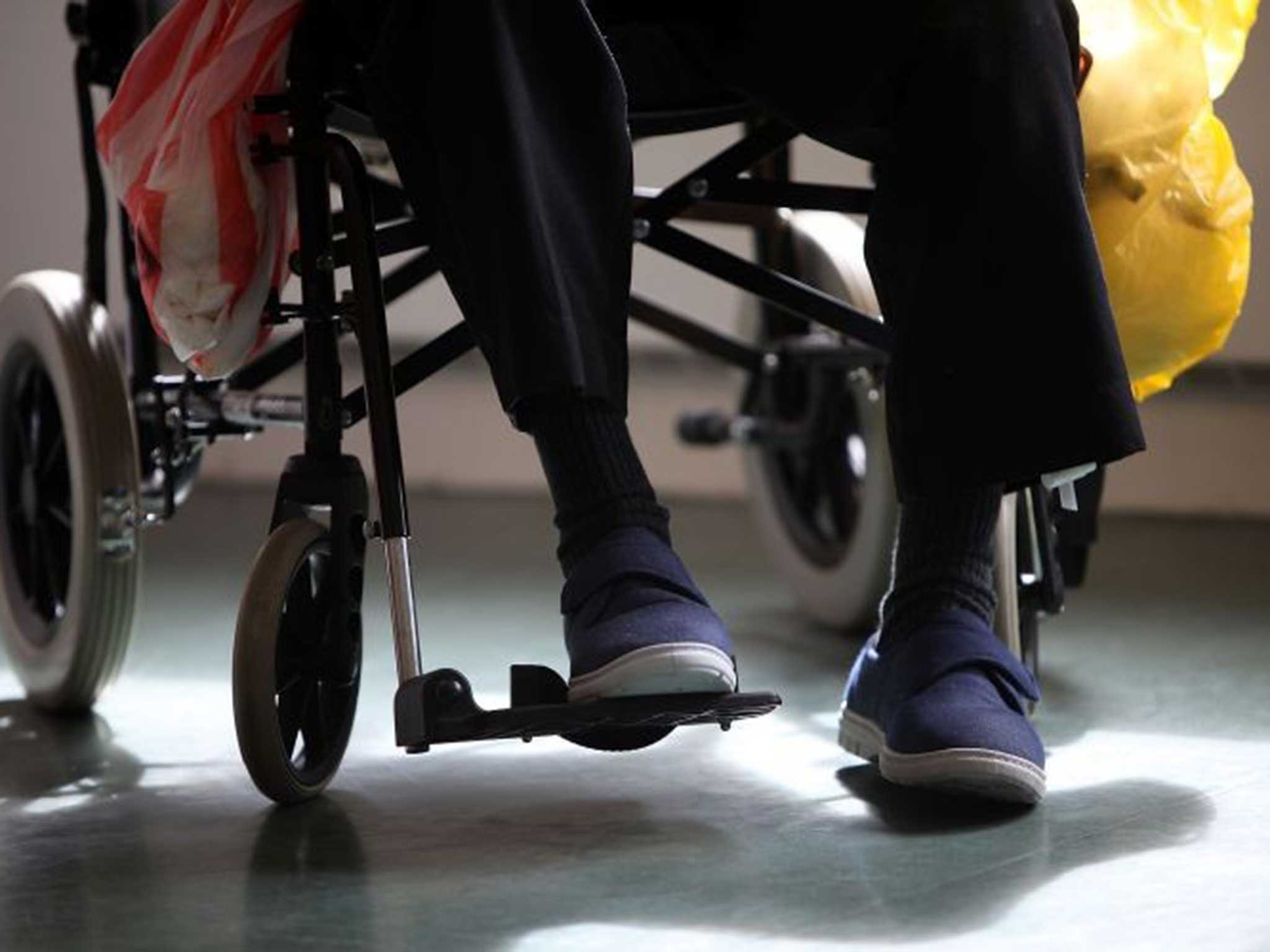Big care home chains to face new inspections
Inspector promises to scrutinise companies in charge as much as the homes themselves

Britain's big care home chains are to face a tough new regime of corporate inspections to prevent financial problems from leading to poor or dangerous care for elderly residents, England's first chief inspector of social care said.
Under the plans, if a single care home run by a larger group is found to be inadequately caring for residents, it could trigger an urgent, wider look at other care homes run by the company.
Andrea Sutcliffe said she also wanted to improve the Care Quality Commission's scrutiny of corporate leadership provided by care home chains to ensure standards were maintained and enforced.
"We will be making sure there is a much better relationship between the CQC and our corporate providers so that we are looking at the picture across the piste," she said. "We need to say: 'We've seen this happening in Netherwallop so what's actually happening in Northumberland' and do we need to do that comparison?"
Ms Sutcliffe is overseeing the launch of an new system to regulate England's 10,000 care homes which for the first time will have each institution rated as either outstanding, good, requires improvement or inadequate. Those rated as inadequate will be put into special measures and possibly shut down unless an immediate improvement is made. So far, trial inspections have revealed a worrying 30 per cent of homes require improvement while 5 per cent are judged inadequate.
"We are seeing some services that are clearly struggling and I wouldn't want to shy away from saying that's the case," said Ms Sutcliffe. "There are a small number at the bottom end who are inadequate and are providing utterly unacceptable care. We published one report last week where the inspectors walked in, and while the façade looked lovely, when you got behind it the home smelt. People were being left in bed because there were not enough staff to help them get up. People were not being helped to eat – and that was having an impact on their health."
She has personal experience of inspections, and said it was often easy to spot struggling homes almost from "the moment you walked in the door". "Initial reaction is a pretty good guide," she said. "Basically if you're welcomed in and you are immediately offered to be shown around the home, then things tend to be OK. But sometimes you will get shepherded off into the office and sat down with lots of files, and you know that everybody is scurrying around outside trying to work out what's going on and telling people 'the inspectors are here'.
"The critical thing our inspectors need to have is a 'nose' – and that's not just the nose for how it smells which is important – but also that instinct which says 'Yep, I can see this is something that I might need to explore further.' "
In one CQC inspection, she revealed, the care home owner had "imported" extra staff from an adjoining home to make it look better resourced. When inspectors found out they promptly inspected both homes simultaneously.
Ms Sutcliffe said the relationship between good care and the financial resources of companies running the homes needs more work. While the CQC does not have the legal right to inspect head-office functions, she has corporate oversight of the largest chains. "There's a relationship between quality of care and the finances. If you see the quality dropping that can be an indication of wider problems."
Ultimately, she said, her guide for judging services – and the guide she wants her inspectors to follow – is what she calls the "mum test". She has a photo of her mother which she uses in presentations to underline the point: Would this service be one where you would be happy to leave a loved one?
"Regulators are often seen as remote. People don't connect it to the work they are doing and the people they are providing the service for. But nothing could be further from the truth. We are all here to make a difference to the people using care services. I thought it was very important to say clearly that the core of what we are doing is about people – and making that human by making that connection with someone you love. And in that case that's my mum."
Subscribe to Independent Premium to bookmark this article
Want to bookmark your favourite articles and stories to read or reference later? Start your Independent Premium subscription today.

Join our commenting forum
Join thought-provoking conversations, follow other Independent readers and see their replies